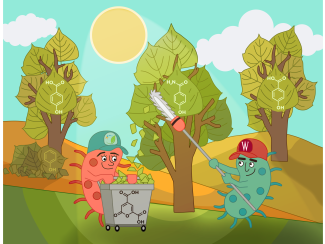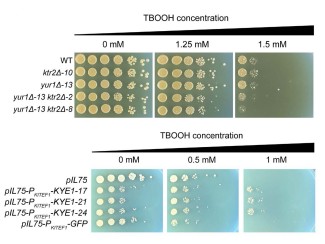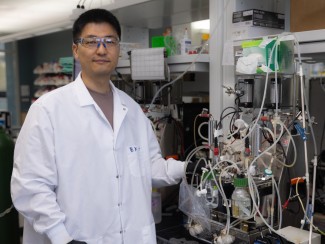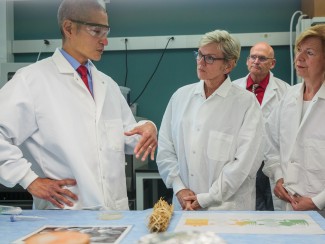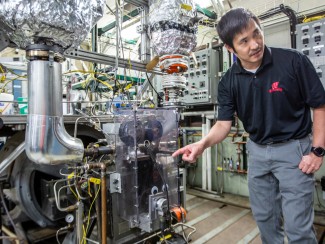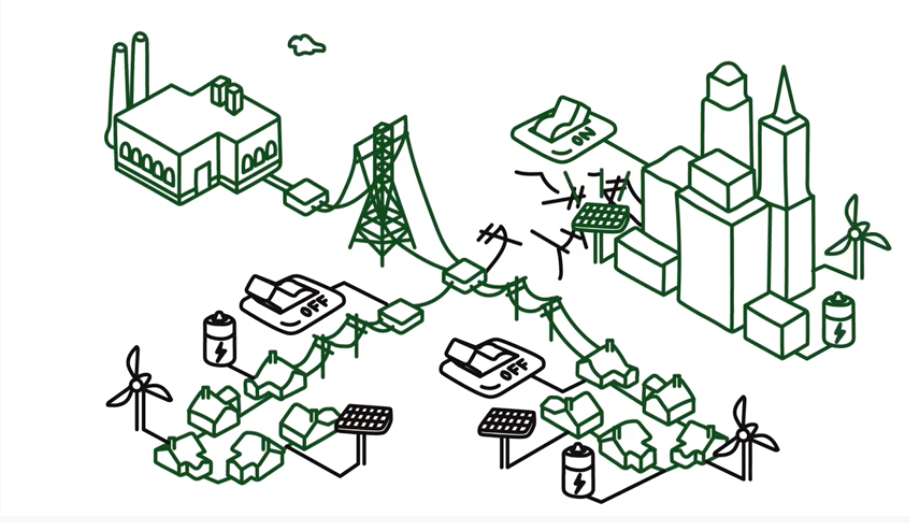
Media coverage of WEI this month focused on grid research, bacteria's role in our lives, carbon capture, and science outreach.
UW Biotechnologists fight antibiotic resistance with “broken scissors”

The Badger Herald
Jason Peters, UW–Madison pharmaceutical sciences assistant professor, highlighted the importance of bacteria in the human biome, food fermentation, infections, biofuels and research tools in his talk for Wednesday Nite @ The Lab.
Featured Researchers
Energy innovation and the electric grid

The Daily Cardinal
The Daily Cardinal covers advances in the electric grid happening here at UW–Madison, highlighting the work of engineering professors Robert Lasseter and Tom Jahns.
Twitter reveals growing global-public anxiety about Crispr gene-editing

The Royal Society of Chemistry
The first ever analysis of all the tweets discussing Crispr gene-editing has revealed how the public feels about the technology. Findings suggest that over six years public approval of gene-editing has cooled and that most people chatting about the technology are worried. Dietram Scheufele, the Taylor-Bascom Chair in Science Communication, weighs in on the assessment methods employed by the researchers who conducted this study.
Featured Researchers
Wisconsin Sea Grant collaborates with Chazen Art Museum to raise awareness of plastic pollution

The Badger Herald
The Wisconsin Sea Grant and WEI teamed up with the Chazen Art Museum to spread awareness on the effects of plastic pollution with an art exhibit. The exhibit, "plastic entanglements: ecology, aesthetics, and materials" is a collection of contemporary artwork with the common theme of plastic.
Featured Researchers
Why carbon capture hasn’t saved us from climate change yet

FiveThirtyEight
FiveThirtyEight asked their readers to send in questions regarding climate change for a series about Science & Health. Gregory Nemet, Professor of Public Affairs and author of "How Solar Energy Became Cheap," was featured in response a question regarding the monetization of carbon capture and its viability in solving climate change.
Featured Researchers

